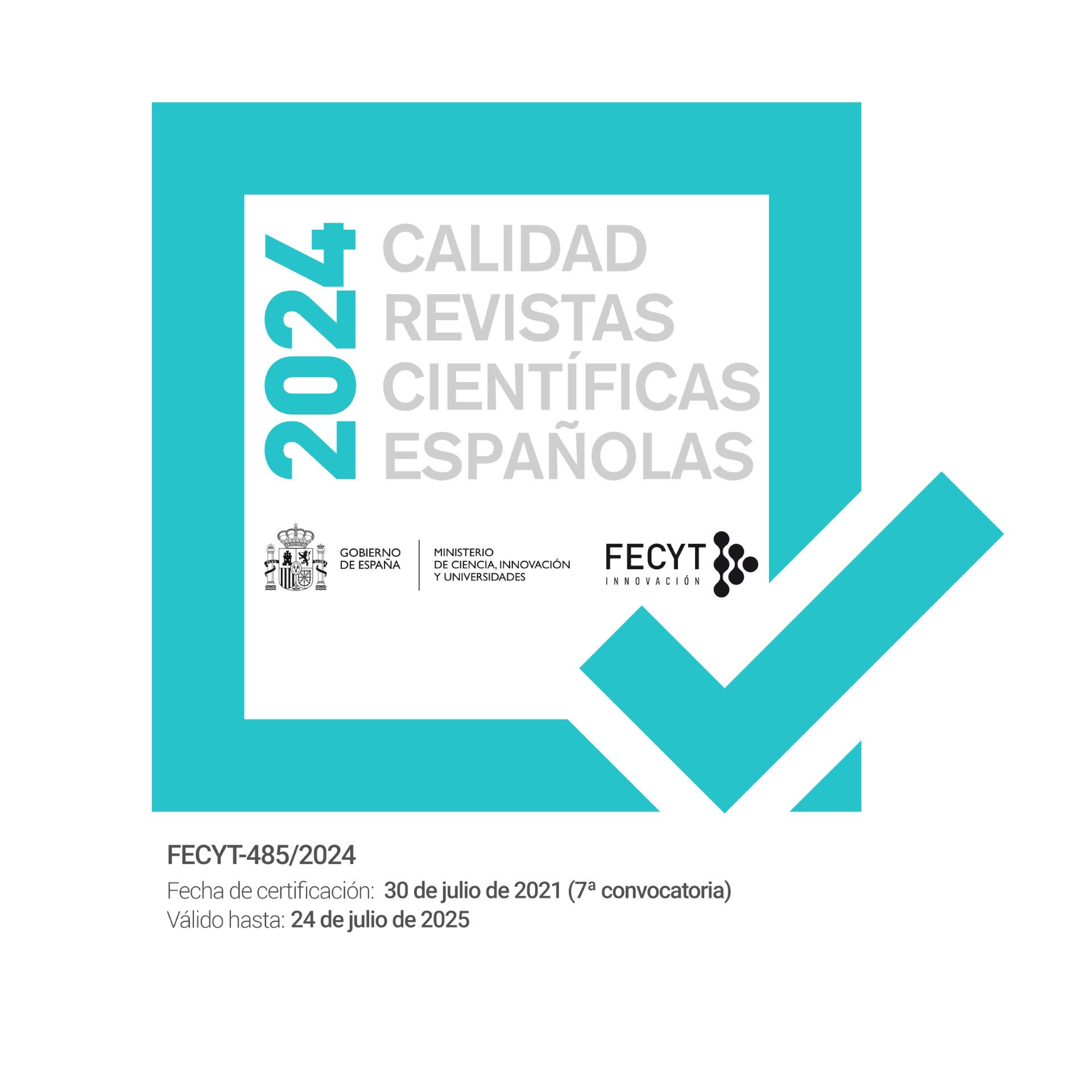‘Nous ne voulons pas en savoir plus, nous voulons savoir autre chose’. Historia, memoria y temporalidad en Les révoltes logiques
DOI:
https://doi.org/10.26754/ojs_historiografias/hrht.11415Abstract
Abstract
In this article we shall analyse some problematic aspects posed at the intersection between history, memory and temporality, taking the experience of the journal Les Révoltes Logiques (1975-1981) as starting point. This militant research project, led by Jacques Rancière and composed mostly of young philosophers and students, engaged in rigorous work with historical archives to recover the practices and discourses of workers, feminist and peasant struggles of the past. Although the initial aim of it was to reconstruct a “popular memory” of revolts forgotten or silenced by traditional historiographies, the collective gradually shifted this intention towards a different proposal for thinking about the relations between past and present: the production of a “splintered memory”. To shed light on this shift, we will focus on the collective’s 1977 critique of the social history practised by the journal Le Mouvement Social.
Keywords
Memory, historical time, revolt, social history, social movement


